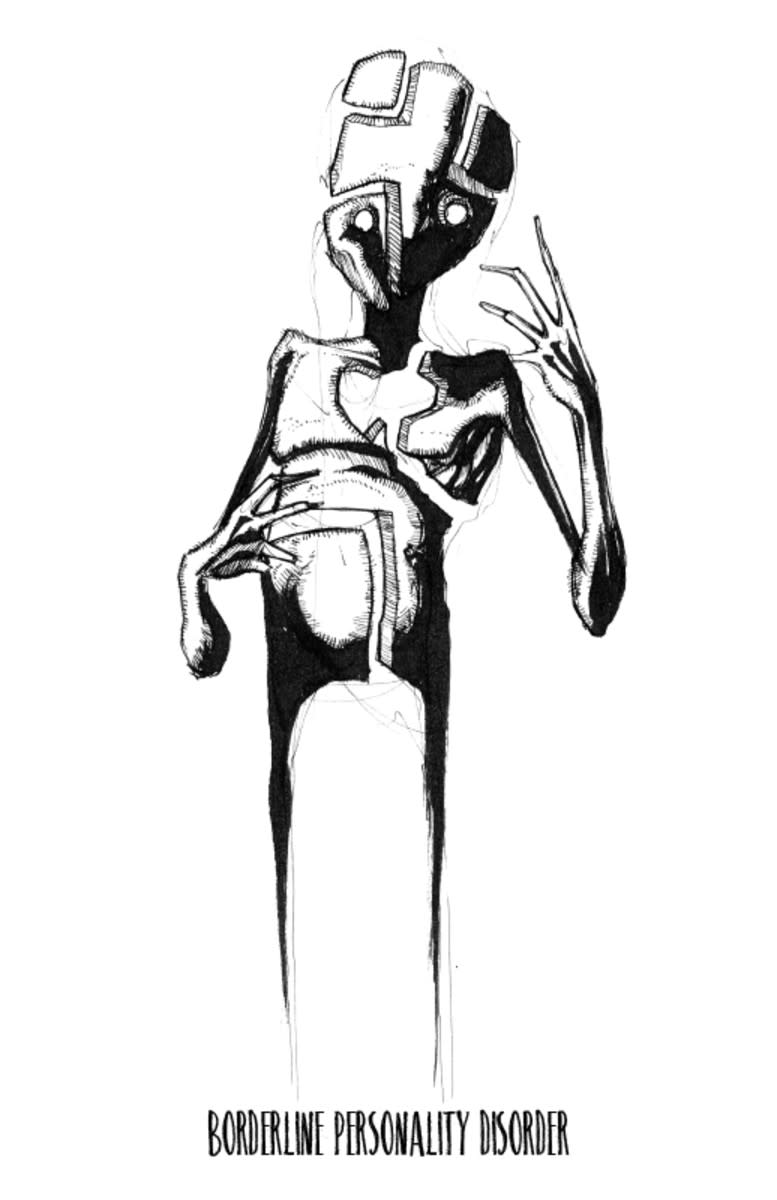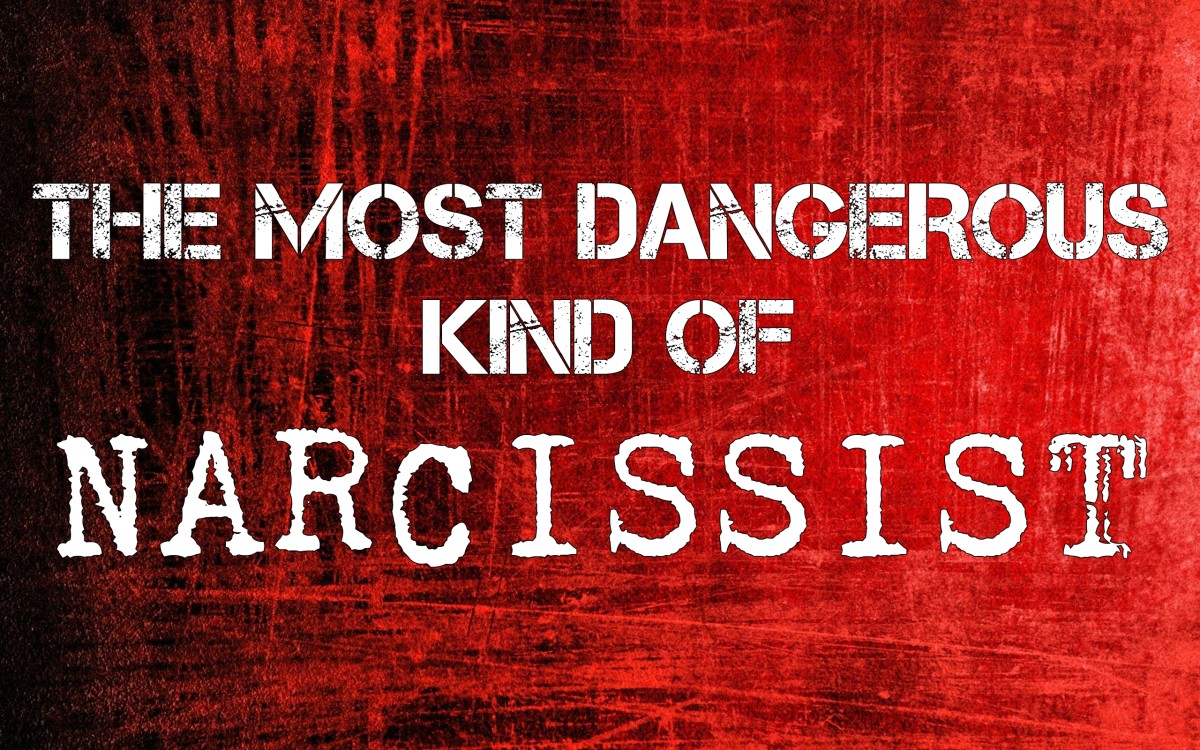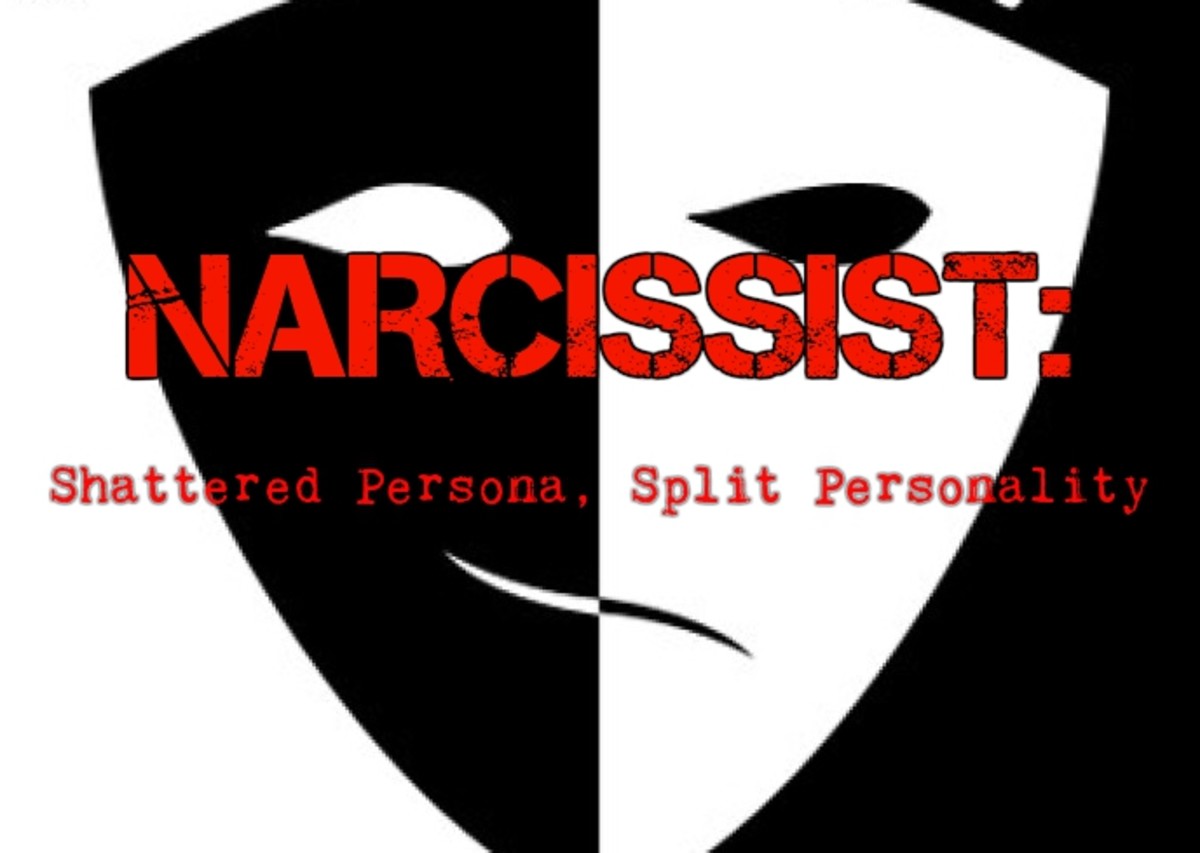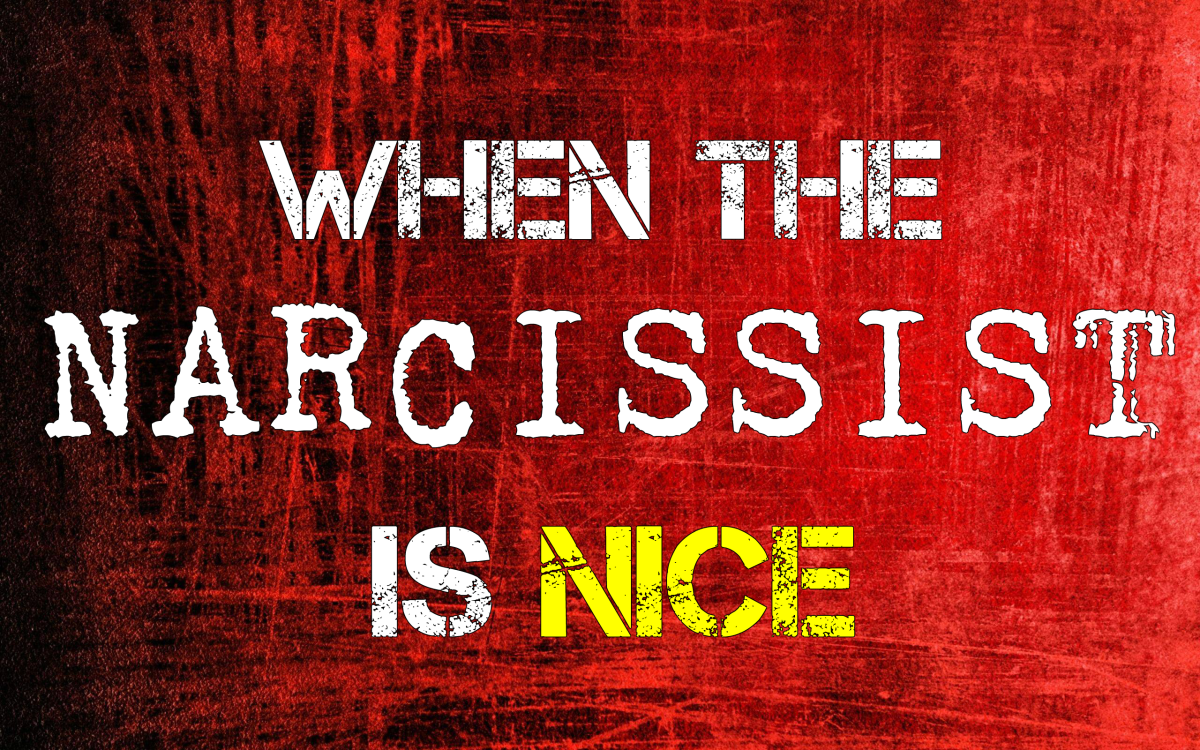An Introduction into Various Personality Disorders and How They Manifest
No Matter What, You Are Awesome

How Many Different Types of Personality Disorders are There?
The question of how many personality disorders exist is not an easy question to answer. How many personality disorders do we know of? Dozens. How many do we probably have no knowledge of yet? Maybe thousands. And then there are those that are just theories waiting for a label.
First, let us define what a personality disorder is, at least according to the DSM-!V. According to the DSM, a personality disorder is a form of mental illness that causes rigid and unhealthy patterns of behaving and thinking.
A person with a personality disorder has difficulty perceiving reality, relating to others, and feeling like they belong. These issues can cause significant problems in relationships, social encounters, work as well as school.
Most people with personality disorders live their lives without ever being diagnosed, often not even aware that the problem exists. They may think that others are the problem, or that nobody understands them.
What is Histrionic Personality Disorder? Mental Health Help with Katie Morton
Do any of the cluster A group personality disorder fit you or someone you know?
The Cluster A Group of Personality Disorders
Paranoid Personality Disorder:
Paranoid personality disorder is a mental health condition often diagnosed when a patient either verbally or physically expresses unjustified suspicions, rampant distrust for others, and excessive fear, especially when they are not in danger in any way.
Paranoid personality disorder applies to those who, more often than not, feel like they are being judged, being taken advantage of, or being manipulated by others. Even when people have no bad intentions at all, this type of person feels threatened and is quick to get defensive.
Paranoid personality disorder usually becomes noticeable during a person's late teens. Approximately 1% of the general population suffers from this mental health conditon, however, because of their lack of trust, the condition typically goes undiagnosed.
Schizoid Personality Disorder:
Schizoid personality disorder is a condition where a person fears intimacy, avoids close relationships, and typically prefers not to engage in romantic relationships for very long.
These individuals may appear stand-offish, cold and anti-social, but unlike other personality disorders, this isn't due to fear, paranoia, or ego, but rather a complete lack of interest in interacting with the world.
Schizoid personality disorder, much like paranoid personality disorder, is rarely diagnosed.
Schizotypal Personality Disorder:
Schizotypal personality disorder bears many similarities to schizoid personality disorder. Both conditions consist of a lack of interest in socializing, friends and intimate relationships.
Schizotypal personality disorder often presents itself when someone is a young child, and also includes symptoms such as distorted thinking, misconceived perceptions and odd behaviors that are unusual or don't coincide with the age of the person.
Do You Avoid Social Situations Due to Anxiety?

Does you or someone you know fit any of the Cluster B personality disorders?
The Cluster B Group of Personality Disorders
This cluster of personality disorders tend to pertain to people who display charactistics like being overly dramatic, hyper-sensitive, and impulsive. This cluster includes antisocial personality disorder, borderline personality disorder, histrionic and narcissistic personality disorder.
Antisocial Personality Disorder:
This specific personality disorder is not to be confused with avoidant or dependent personality disorder, which is why it is sub-categorized in an entirely different group.
People who fall under the diagnosis of antisocial personality disorder fit this condition due to a limited range of emotions. Often, those with antisocial personality disorder long for deep connections with others, but don't know how to obtain these relationships. Because of this, many folks with this diagnosis tend to abuse alcohol and/or drugs in order to help them interact with others.
Those who don't use substances to increase their ability to interact with others may use alcohol or drugs to fill a void they feel within themselves - a desperate attempt to escape feelings of emptiness.
Borderline Personality Disorder:
Borderline personality disorder is one of the most commonly diagnosed personality disorders, and is more common in females than males. Unlike most other personality disorders, which are diagnosed in childhood, borderline personality disorder is not diagnosed until adulthood.
People diagnosed with borderline personality disorder have a tendency to act impulsively, abuse substances, and suffer from extreme mood imbalances. Other characteristics of this condition include reality distortion, tendency to see things in ‘black and white’ terms, excessive behaviour such as gambling or sexual promiscuity, and proneness to depression.
Narcissistic Personality Disorder:
People who are diagnosed with narcissistic personality disorder aren't just cocky individuals who think highly of themselves.
This mental health condition is caused by an abnormality in the brain, which leads to attention seeking behavior and an inflatted sense of self. The behaviors, thoughts and actions of a person with narcissistic personality disorder are often beyond their control, even more so, they are beyond their own awareness.
Those with narcissistic personality disorder often portray themselves as confident, but take deep stock in the opinions others have of them. They can be prone to mood swings as well as impulsive decision making.
Schizoid is a Term that Refers to People Who are Unable to Foster Healthy Relationships
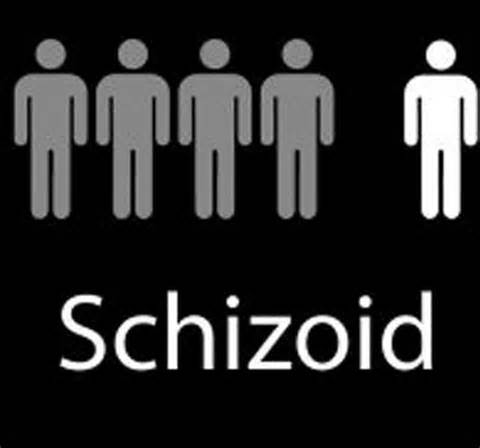
Does you or someone you know fit any of the Cluster C personality disorders?
The Cluster C Group of Personality Disorders
Avoidant Personality Disorder:
This personality disorder is pretty much how it sounds. Those diagnosed with avoidant personality disorder tend to shy away from social gatherings, avoid intimate relationships and prefer being alone due to a fear of abandonment or an overwhelming sense that they are inadequate.
A difficult disorder that typically starts during a person's early adult years, studies estimate that the number of those struggling with avoidant personality disorder is anywhere from 10% of the population to as much as 50%.
Avoidant personality disorder is believed to stems from perceived or actual rejection by those close to a person during childhood.
Dependent Personality Disorder:
Although avoidant personality disorder and dependant personality disorder share some traits, such as pushing away others, fearing rejection, and believing they are inadequate, those who are diagnosed with dependent personality disorder have a larger than normal need for others to take care of them.
Dependent personality disorder can cause a person to feel incapable of doing tasks which they would have no trouble completing on their own. Even making tiny decisions can seem catastrophic to someone with this condition.
They can be people pleasers, the type that goes along with the crowd even when they don't agree with what is happening.
Causes and Risk Factors, and How to Cope with a Personality Disorder
Personality is the combination of thoughts, emotions and behaviors that makes you unique. It's the way you view, understand and relate to the outside world, as well as how you see yourself. Personality forms during childhood, shaped through an interaction of two factors:
- Your genes. Certain personality traits may be passed on to you by your parents through inherited genes. These traits are sometimes called your temperament.
- Your environment. This involves the surroundings you grew up in, events that occurred, and relationships with family members and others.
Personality disorders are thought to be caused by a combination of these genetic and environmental influences. Your genes may make you vulnerable to developing a personality disorder, and a life situation may trigger the actual development.
Although the precise cause of personality disorders isn't known, certain factors seem to increase the risk of developing or triggering personality disorders, including:
- Family history of personality disorders or other mental illness
- Low level of education and lower social and economic status
- Verbal, physical or sexual abuse during childhood
- Neglect or an unstable or chaotic family life during childhood
- Being diagnosed with childhood conduct disorder
- Variations in brain chemistry and structure
Personality disorders usually begin in the teen years or early adulthood.
© 2014 Kathleen Odenthal





